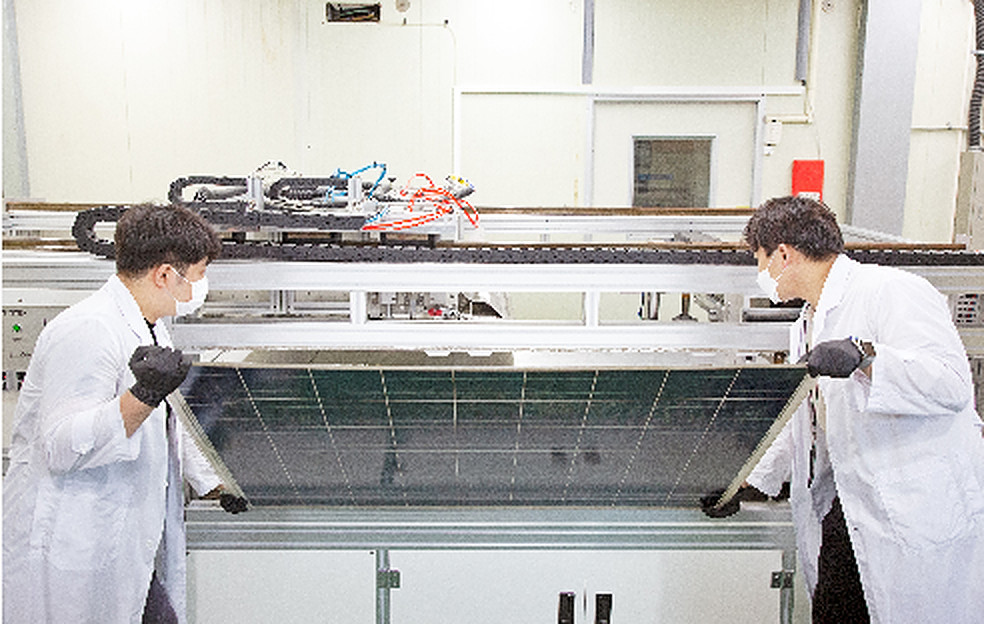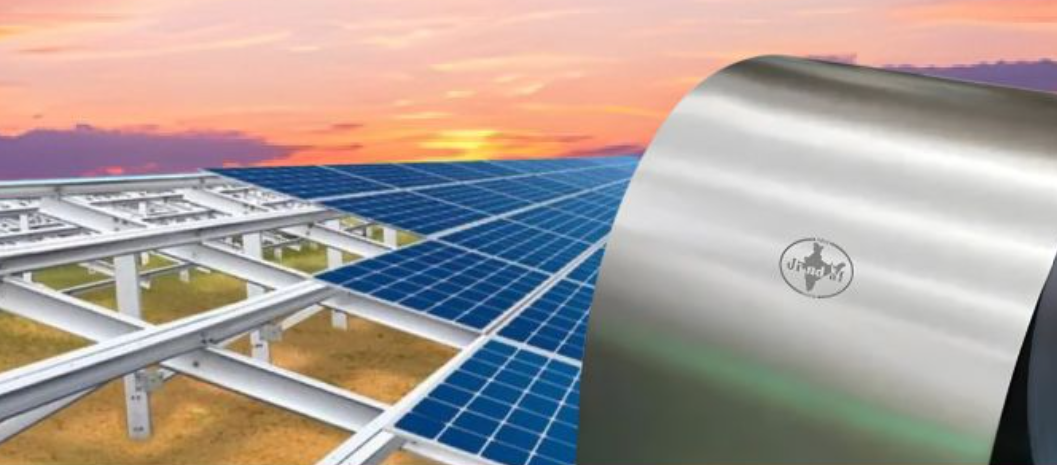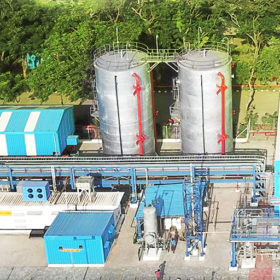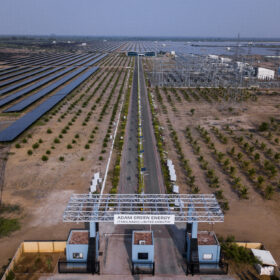From pv magazine International
Researchers at the Korea Institute of Energy Research (KIER) have developed a “non-destructive” solar module recycling technology that is claimed to be able to recover 100% of a module’s glass.
The novel technique can be applied to either damaged or undamaged panels and works in four steps: The automated dismantling of the frame and the junction box; glass separation; metal recovery; and solar cell recycling. “The core process is glass separation, with the glass recovery rate approaching 100%,” the scientists emphasized, noting that this was obtained by separating the interface between the glass and the module encapsulant.
The Korean group claims that the new technique, which was, so far, tested on an undefined series of 72-cell panels, reduces power consumption by a third compared to other recycling technology, thanks to process optimization. The system is also said to allow the recovery of high-quality glass with an iron content of less than 200 parts per million, and of more than 65% of the components that make up a panel.
The scientists were also able to refine the silicon recovered from waste panels to make six-inch single crystal ingots and wafers. The wafers were used to manufacture a 20.05%, high-efficiency solar cell. “Recycling a ton of discarded photovoltaic modules means a reduction of 1.2 tons of greenhouse emissions,” said KIER researcher Jinseok Lee. “So this technique is crucial to achieving a net-zero economy.”
More technical details on the four processes were not disclosed.
The research project was supported by South Korea’s Ministry of Trade, Industry and Energy (MOTIE) and the Korea Institute of Industrial Technology. Korea-based provider of commercial heat treatment for metal and coating processing services, HST Co Ltd, has now been tasked to bring the technology to the market.
This content is protected by copyright and may not be reused. If you want to cooperate with us and would like to reuse some of our content, please contact: editors@pv-magazine.com.








By submitting this form you agree to pv magazine using your data for the purposes of publishing your comment.
Your personal data will only be disclosed or otherwise transmitted to third parties for the purposes of spam filtering or if this is necessary for technical maintenance of the website. Any other transfer to third parties will not take place unless this is justified on the basis of applicable data protection regulations or if pv magazine is legally obliged to do so.
You may revoke this consent at any time with effect for the future, in which case your personal data will be deleted immediately. Otherwise, your data will be deleted if pv magazine has processed your request or the purpose of data storage is fulfilled.
Further information on data privacy can be found in our Data Protection Policy.